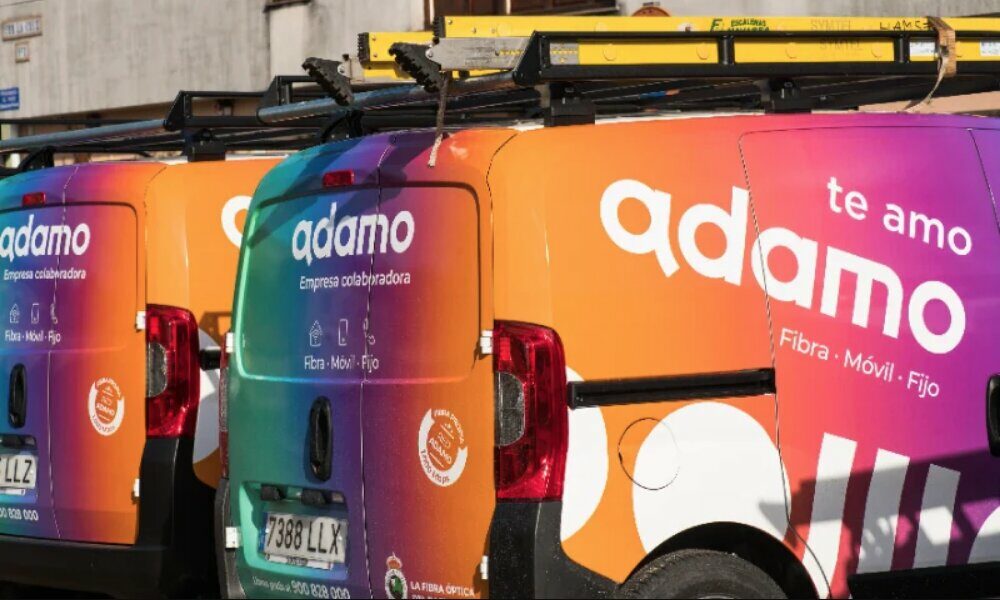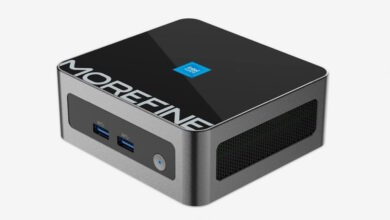
Adamo is, again, the main winning bidder of the subsidies from the European Union for the installation of fiber optics in rural areas. the second call of the UNICO-Broadband Program has awarded the Catalan company 98 million euros in public aid. With this amount, and 45 million euros of own funds, Adamo will address the extension of fiber to more than 312,000 homes in Spain, located in 17 provinces, in 2023 and 2024.
The plan is part of the European Union’s Recovery, Transformation and Resilience Plan and is financed by Next Generation EU. These funds, added to those that Adamo will contribute, mean that the company has 143 million euros to bring broadband to various areas of the provinces of Almería, Asturias, Ávila, Badajoz, Cantabria, Girona, León, Lugo, Murcia, Navarra, Salamanca, Seville, Tarragona, Toledo, Valencia, Valladolid and Zamora.
Adamo already obtained 80 million euros in 2020 from the New Generation Broadband Program (PEBA). With them he brought fiber to half a million homes in small towns in 20 provinces. The company completed the subsidy received by contributing 50 million of its own funds. The same year it also obtained 27 million in the first call for the UNICO plan, to which it added another 13 million of its own to deploy high-speed Internet in almost 140,000 more homes in seven other provinces.
The company offers a connection of up to 1,000 Mb and installs the Amazon eero WiFi 6 router. Based in Barcelona, it is a national operator with a regional and local focus as well. It began its trajectory in the Spanish market in 2007, giving priority to rural areas and new urban areas with high population density. It has its own infrastructure and, in addition to Internet connection, it also offers fixed and mobile telephony, as well as services for the wholesale market and companies.
Its CEO, Martin Czerminhas highlighted the fact that «That both the EU and the Government choose Adamo to bring high-speed Internet to small towns with fewer resources confirms something we already knew: that our model works, that it can be sustainable and profitable to bring fiber optics to those who They need it more because they live in remote places, with difficult access or with worse communications. This leads us to support, even more strongly if possible, connectivity in rural areas«.



